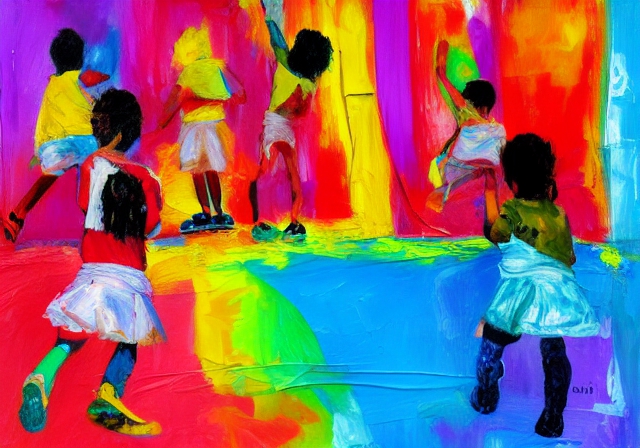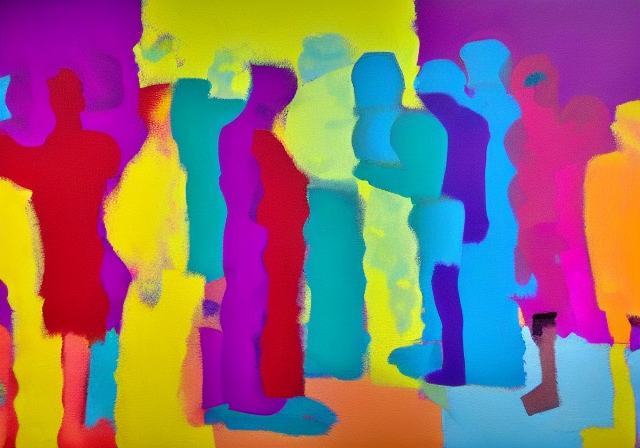This is the real secret of life—to be completely engaged with what you are doing in the here and now. And instead of calling it work, realize it is play.
Alan Watts, The Essence of Alan Watts (1977)
We write often about Alan Watts on this site, that is for two reasons. First, Alan had a lot to say! Hundreds of recorded lectures to go through. Second, Alan presents the lessons of the Eastern religions — but in a way that our Western minds can grasp. We believe that Alan really had three main lessons to share with the world. We’ve already written about the first over here. Today we’d like to help you understand his second great teaching, the idea that life is a game.

Alan watts and his lessons
I want to make one thing absolutely clear. I am not a Zen Buddhist, I am not advocating Zen Buddhism, I am not trying to convert anyone to it. I have nothing to sell. I’m an entertainer. That is to say, in the same sense, that when you go to a concert and you listen to someone play Mozart, he has nothing to sell except the sound of the music. He doesn’t want to convert you to anything. He doesn’t want you to join an organization in favor of Mozart’s music as opposed to, say, Beethoven’s. And I approach you in the same spirit as a musician with his piano or a violinist with his violin. I just want you to enjoy a point of view that I enjoy.
Alan Watts, on Zen (2015)
We wanted to open with that quote as we understand that sites like ours and even Alan’s own lectures can often seem like just that – lectures. We’re not trying to preach to anyone or convert anyone to anything. These ways of thinking are interesting to us, and we want to help others learn and experience them. Maybe they will hate it? That’s ok, at least they had a chance eh?
Alan Watts did not consider himself a teacher. His “lessons” are sprinkled throughout all the lectures with often repeated analogies. We’ve listened to everything by now and believe his work includes 3 distinct patterns that we’ve observed and wanted to write about:
- We are all one organism – Alan Watts was also a monist
- Life is a game – you are reading this one right now
- You have already arrived – A lesson on mindfulness
We believe that these often repeated ideas are the core of what Alan was trying to show us. These are old lessons, they come from religions and societies older than we can conceive of as Westerners. The oldest Vedic texts describe these ideas, and they are from a thousand years before we even started counting years in the modern way.
Alan’s gift to us all was bringing these lessons and ideas to us in a common sense way. We hope to now take those lessons and refine them further for the modern psychonaut.
Life is a game

We’ve spoken before about the idea of Maya, the great illusion. Practitioners of Buddhism learn about this idea, it is central to most Eastern religions. But it is mystical, it relies on believing in things like magic and gods, these ideas are difficult for the western mind to entertain. We tend to reject these ideas and even belittle the ones who talk about them as being not scientific enough.
The brilliance of Alan Watts is taking that idea, Maya, and explaining it in common sense terms. This idea is so central to some societies that you would have trouble finding a person that didn’t understand it, and yet when Alan started out in the 1950s you would have trouble finding any Westerners who understood this idea. To your average American in the ’50s, the concept of us being god hiding in a false reality for fun just sounds… insane?
What if we change the perspective, rather than god lets talk about children. Children play, it is what they do. They play the game of tag, they play the game of duck-duck-goose, the game of tic-tac-toe. They also play the game of house, the game of teacher, the game of astronaut, police officer, soldier.
As children develop they want to complicate the games they play, they want to play the same games as adults. We don’t think of what we do as a game, but to a small child, us sitting here typing away on this keyboard seems like a fun video game they just don’t know how to play yet. After all, if it wasn’t fun why would we spend so many hours doing it? To a child this question has only one answer, adults are playing an incredibly fun game they just don’t understand.
Try to put yourself into that child-like mind, how could you see the things adults do as anything other than a game? They are just playing much more serious and complicated games with way fancier toys. This is why children mimic adults, they think our games are cooler than their games, in a very literal sense.

The game fades away
As we grow up we lose some of that magic playfulness and replace it with this hardened cynicism we all share. This is all still just a game, but a very serious one now. If we don’t pass these SAT exams we will not get into college, our life will be ruined. Also the games are not fair, other people cheat all the time, they steal or even hurt us to get what they want, to “win” the game from their point of view.
Eventually it stops making sense to call what we adults do a game anymore. It doesn’t seem fun, nobody seems to be enjoying it or really getting anywhere or winning anything. It stops being a game and we start to call it work instead. We start to hate the majority of our time and yearn for those precious days that we don’t have to “work”. The days that we can finally play again.
The game fades away, but it is still here, we just only see it at night or on the weekends. We can attend a very serious work meeting, maybe discussing why a project is late. Everyone is taking things seriously and trying to get this project done. No different from a group of children planning their next sand castle really, same enthusiasm, same social hierarchy formation. Yet, if you said that in the meeting — well, you likely would not have to worry about such meetings anymore as you would be fired.
Here is a secret — everyone in that meeting is thinking the same thing. Everyone realizes this is a game, and they are trying to win. You win the game by taking it seriously, by building the best sand castle so you get invited to the next playdate. There is nothing inherently serious beyond what we bought with us. It is our hopes and dreams, our desires, that transform these games into work.

Understanding Maya
Now we understand, through the magic of Alan’s analogies, exactly what is meant by Maya. We are all god, even in that serious work meeting you are god. You could get up and walk out and go dancing in the street at any moment, who would stop you other than yourself? You won’t, because just as in Maya, we’ve chosen to play this serious, often hurtful, game on purpose.
Being god and having everything you could possibly want is actually a miserable way to live. just look at how sad, angry and morally bankrupt our billionaire class is. These should be the happiest people in the world, they won the game, and yet all they can do is complain.
So instead we decided to fool ourselves, using ego, and live in this world, this samsara. Here we can pretend to not be god and play the complex game of life with hundreds of other players. We can play this game for an entire lifetime, but if we truly win the game and become god again — we become unhappy.

finding happiness in your game
So how do you find happiness in playing the game? First off, winning won’t equal happiness. When we play video games, the primary enjoyment comes from the process, not completing it. Otherwise, all games would be 5 minutes long so we could finish them and have the happiest moment out of it. The enjoyment should come from the playing, and does, otherwise why play?
Take for example, a game like “Stardew Valley”. In this game, you inherit a farm, and move to a small town where you can make friends, find love, even marry. In this type of game, there are many aspects that can bring you enjoyment. Completing a very difficult quest can give you satisfaction. Harvesting the fruits of your labor after a long growing season might make you happy. Some people enjoy decorating their house, or decorating themselves in new hats and clothes. Some enjoy the social aspect of the game, giving gifts to the villagers and making friends and romantic partners.
Try to relate these victories back into your own life. What victories can you look forward to in your everyday “playtime”? Can you find a special gift to give someone who’s unhappy? Can you improve your self, or your surroundings in a small way that builds your world into a better place? Giving yourself small goals and achievements every day will help you get into the game mentality, and will allow you to find that childlike enjoyment that all games should have.
Conclusions
Playing the game is the point.
Calling life a game shouldn’t trivialize it. People still have egos, and those egos can be hurt or they can hurt others. That pain is real, minimizing harm while still playing the game is how we try to live our life. We try to keep a child-like mind at all times, the world is full of new experiences and new ideas to find and enjoy.
Preserving the child-like mind as often as possible is the key to living a happy life. See the game, you can still play it — but see it, know that it is there and stop taking things so seriously.
Alan Watts has clearly made an impression on us, we hope that you also find his ideas intriguing. We’d be remiss if we didn’t point you back to the source material. This post is largely based on the lecture “Education for a Non-Entity” which is sold as part of the Human Consciousness collection here. Purchasing the audio directly from his foundation is the best way to support his legacy.
Leave a Reply